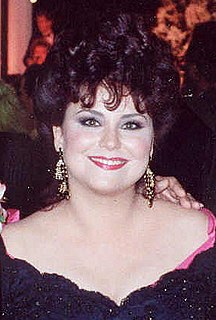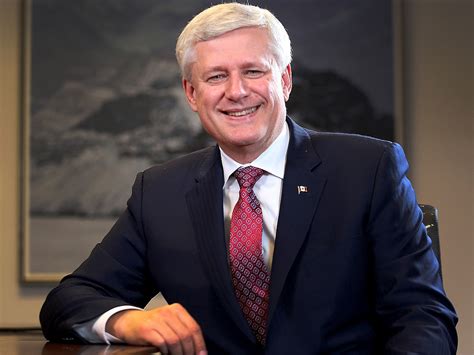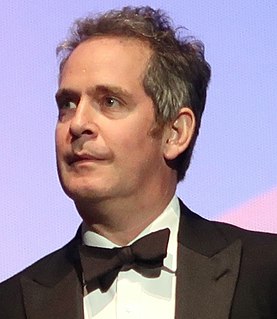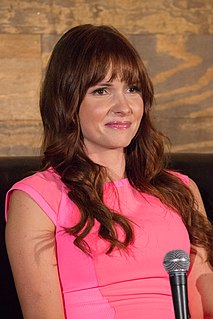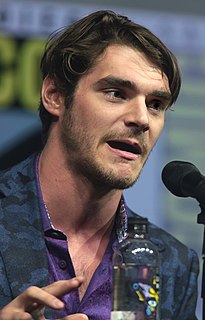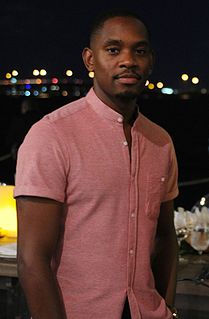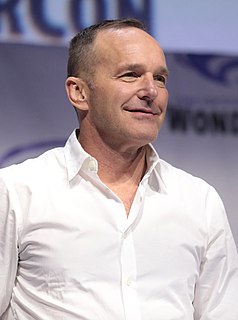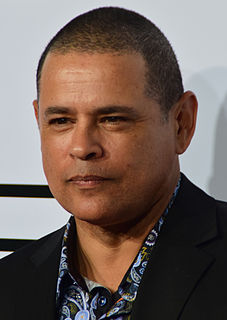A Quote by Delta Burke
Film people are coming into TV, because they can't get any work.
Related Quotes
I've always loved theatre because it's so immediate. The challenge of it is that, career wise, it's easier to get traction in the industry if you do film and TV because the audience is larger, and because the work can be seen for a longer period of time. I did solid work in a series of regional and Off-Broadway shows, but the work I did on TV or film will have a longer life with a larger audience (and with services like Netflix). Ultimately, there's something intimate about TV, because the storytelling and the actors come home with the viewer. It can be powerful because of that.
I've really dreamed of doing television. All of us do television, coming up. But when I was coming up, television was a black hole for actors. Now, television has a certain cache. Now everybody wants to be on TV because they're doing adult dramas. If you're an actor, it's like, "Well, get me on television," because it's the only place you can do it and also make a living at it. If my kids need shoes, I better do a TV show because I damn sure don't make any money with independent films.
There's something really cool about TV. TV, you get the luxury of having the same people around. It is such a blessing when you get a TV job. You really have a chance to get to make, like, work friends. I think TV is one of the few mediums where I've had the opportunity to get to know my crew members.
I will tell you that I'm a bit of a snob. I love film, and I would like to work in film, and I'm disappointed that indie film is as hard as it is to work in now. It's hard to get things done, but that sort of work is being done on TV. That's what I do; that's what I write. It's what I love, and hopefully, that's what my future's going to be.
When you're working on something where there's usually one sex scene in the film, it all gets a little bit of a gray area and people get a bit uncomfortable and awkward. You just get through it. But, it became very clear on this that that can't happen. There can't be any gray areas on this because there are actors and actresses coming in for a day or a couple of days, as well as people who are there regularly.
The first thing I say when people ask what's the difference [between doing TV and film], is that film has an ending and TV doesn't. When I write a film, all I think about is where the thing ends and how to get the audience there. And in television, it can't end. You need the audience to return the next week. It kind of shifts the drive of the story. But I find that more as a writer than as a director.
